Description
Properties, Uses, and the Role of Limestone Suppliers
Limestone is a versatile sedimentary rock that has played a significant role in construction and various industries for centuries. With its unique composition and aesthetic appeal, limestone has become a sought-after material worldwide. This article delves into the properties of limestone, its diverse applications, the importance of limestone suppliers, and the emergence of Iranian limestone as a prominent player in the global market.
Understanding Limestone
Limestone is primarily composed of calcium carbonate (CaCO3) and often contains impurities such as clay, sand, and fossilized marine organisms. Its formation occurs through the gradual accumulation of sedimentation in marine environments. Over millions of years, these sediments solidify and undergo compaction, resulting in the formation of limestone.
Properties of Limestone
Limestone exhibits remarkable physical and chemical properties that contribute to its widespread use. It typically displays a range of colors, including white, gray, beige, and even black, making it suitable for various architectural and decorative applications. The rock is known for its excellent durability, making it resistant to weathering, erosion, and deterioration.
Moreover, limestone is renowned for its ability to be easily carved and shaped, allowing for intricate designs and detailed sculptures. The natural variations in color and texture make limestone an attractive choice for both exterior and interior applications, adding a touch of elegance to any space.
Applications of Limestone
Construction and Architecture
Limestone has been a staple material in construction for centuries. Its versatility is evident in the construction of iconic structures such as the Great Pyramids of Giza, ancient Greek temples, and Gothic cathedrals. The rock’s durability and resistance to weathering make it an ideal choice for building facades, flooring, countertops, and paving.
Agriculture and Soil Stabilization
Limestone is widely used in agricultural practices to enhance soil quality and neutralize acidic soils. When applied to fields, limestone acts as a soil conditioner, providing essential nutrients such as calcium and magnesium. This practice improves crop yields and fosters healthy plant growth.
Industrial Applications
Limestone’s chemical properties make it a valuable resource for various industrial sectors. It is used as a raw material in the production of cement, iron, steel, glass, and paper. Additionally, limestone is a key component in flue gas desulfurization (FGD) systems, which remove sulfur dioxide emissions from power plants, reducing air pollution.
Limestone Suppliers and Limestone Supply
To meet the ever-growing demand for limestone, reliable limestone suppliers play a crucial role in ensuring a steady supply of this versatile rock. Limestone suppliers source the stone from quarries and process it into various forms suitable for different applications. These suppliers play an essential role in the construction, manufacturing, and agricultural industries.
Limestone suppliers in the United Arab Emirates (UAE) have gained prominence in the global market due to their extensive reserves of high-quality limestone. The UAE has established itself as a hub for limestone export, with numerous quarries and processing facilities located in the region. These suppliers cater to domestic and international markets, providing a wide range of limestone products to meet diverse customer needs.
Limestone Suppliers in UAE and Iranian Limestone
The UAE is renowned for its limestone suppliers, offering a comprehensive range of limestone products to buyers worldwide. In recent years, Iranian limestone has emerged as a prominent player in the global market. Iran, primarily known as a major bitumen exporter, possesses vast limestone reserves and has become a significant source for high-quality limestone.
Iranian limestone has gained recognition for its excellent quality, distinct appearance, and competitive pricing. It is characterized by its unique color variations and exceptional durability, making it an ideal choice for both residential and commercial projects. The growth of limestone exporters
in Iran has expanded the options available to buyers seeking reliable limestone suppliers.
Buying Limestone: Factors to Consider
When purchasing limestone, several factors should be taken into account to ensure the selection of the right supplier and product. Here are a few essential considerations:
- Quality: Choose a supplier that guarantees high-quality limestone products, adhering to international standards and industry specifications.
- Variety: Look for suppliers that offer a wide range of limestone options, including different colors, finishes, and sizes, to suit specific project requirements.
- Reliability: Opt for suppliers with a proven track record, positive customer reviews, and a strong reputation in the industry.
- Pricing and Delivery: Compare prices and inquire about delivery options to find the most cost-effective and convenient solution for your needs.
Limestone Exporters: Expanding Global Reach
The emergence of limestone exporters has transformed the dynamics of the global limestone market. With the increasing demand for limestone, these exporters have played a crucial role in meeting the needs of buyers around the world. Let’s explore the significance of limestone exporters and the impact they have had on the industry.
- Diverse Product Range: Limestone exporters offer a wide range of products to cater to different customer requirements. They provide various forms of limestone, including blocks, slabs, tiles, crushed stone, and powder. This diverse product range ensures that buyers can find the right limestone product for their specific applications.
- International Market Access: Limestone exporters have established strong networks and distribution channels, allowing them to reach buyers globally. By connecting limestone suppliers with international markets, these exporters contribute to the growth of the industry and facilitate trade across borders.
- Quality Control and Assurance: Limestone exporters often have stringent quality control measures in place to ensure that the limestone products meet international standards. They collaborate closely with limestone suppliers to maintain consistency in quality and address any concerns related to the product’s composition, durability, and appearance.
- Competitive Pricing: Limestone exporters create a competitive environment in the market, which benefits buyers. By offering competitive pricing, exporters strive to attract customers and establish long-term relationships based on trust and mutual benefit.
Iranian Limestone: A Rising Star
In recent years, Iranian limestone has gained significant attention in the global market. Iran, a prominent bitumen exporter, has also emerged as a key player in the limestone industry. The country boasts abundant limestone reserves, which has allowed it to become a major supplier of high-quality limestone.
Iranian limestone stands out due to its unique characteristics and excellent quality. It comes in a range of colors, from warm beige and cream to cool gray and black, providing buyers with a wide selection to suit their design preferences. Additionally, Iranian limestone is known for its durability and resistance to weathering, making it suitable for both interior and exterior applications.
The competitive pricing of Iranian limestone has further contributed to its rising popularity. Buyers have recognized the value of Iranian limestone as a cost-effective option without compromising on quality. This has propelled Iran to become a significant exporter of limestone, expanding its market reach beyond the Middle East.
Buy Limestone with Confidence
When looking to buy limestone, it is essential to research and choose reputable suppliers or exporters. Here are a few steps to help you make an informed decision:
- Conduct thorough research: Explore various limestone suppliers and exporters, considering their reputation, experience, and customer reviews. Look for certifications and accreditations that ensure adherence to quality standards.
- Request samples: Request samples of the limestone products you are interested in to assess their quality, color, and texture. This allows you to make an informed decision based on your specific requirements.
- Seek references: Reach out to other customers or industry professionals who have previously worked with the supplier or exporter. Their feedback can provide valuable insights into the reliability and quality of their products and services.
- Consider logistics and delivery: Discuss logistics and delivery options with the supplier or exporter to ensure smooth and timely transportation of the limestone to your desired location.
limestone suppliers
limestone suppliers:Limestone is a sedimentary substance of chemical origin that is mainly composed of calcium carbonate. Limestone is one of its applications in construction and construction. For example, certain types of limestone, such as those found in northern Otago, are used to build blocks.
It is also possible to use limestone grains directly from the mine as base materials in road construction. Also, limestone deposits can be used in agriculture because by grinding limestone, different grades can be produced.
It is one of the factors that can affect plant growth. By spreading agricultural lime on the pit or soil, the carbonate content of limestone can neutralize the acid in the soil. This causes the release of minerals such as phosphate and absorption of the plant. Be commented.
In the production of steel, a large amount of limestone and crude lime is used, which can be said to be one of the applications of lime in this field. Also, some insulating materials that are molded as units are silica and lime.
Lime as a factor The bond reacts with the silica in a mixture of its own, and as a result the reaction of silicate and lime is used in the manufacture of insulation.
One of the applications of lime is in the preparation of cement, in which about 60 to 70% of lime is used, and after heating it, carbon dioxide is released.
Limestone with a grain size of 0 to 90 microns is usually used in two preparations of Itung. Itung is produced from silica powder, lime powder, aluminum cement and is a building material.
Lime is one of the main ingredients for consumption in the production of sugar from sugarcane and sugar beet. Lime is added to the solution as an alkaline agent to precipitate and separate the unwanted substances by creating insoluble calcium compounds. After the lime has done its job, in the next steps, it is separated by performing the carbonation process and adding.
Conclusion
Limestone suppliers and exporters play a pivotal role in meeting the global demand for limestone. The UAE and Iran have emerged as key players, with limestone suppliers in the UAE meeting the needs of diverse industries, while Iranian limestone exporters have gained recognition for their quality products and competitive pricing. As the demand for limestone continues to grow, buyers can confidently rely on reputable suppliers and exporters to provide high-quality limestone that meets their specific requirements.
Limestone’s remarkable properties, diverse applications, and availability make it an indispensable material in various industries. The contributions of limestone suppliers, especially those in the UAE and Iran, play a significant role in meeting the global demand for this versatile rock. Whether used in construction, agriculture, or industrial applications, limestone continues to shape our built environment and contribute to economic growth worldwide. With the emergence of Iranian limestone, buyers now have more options to consider when looking to buy limestone for their projects.


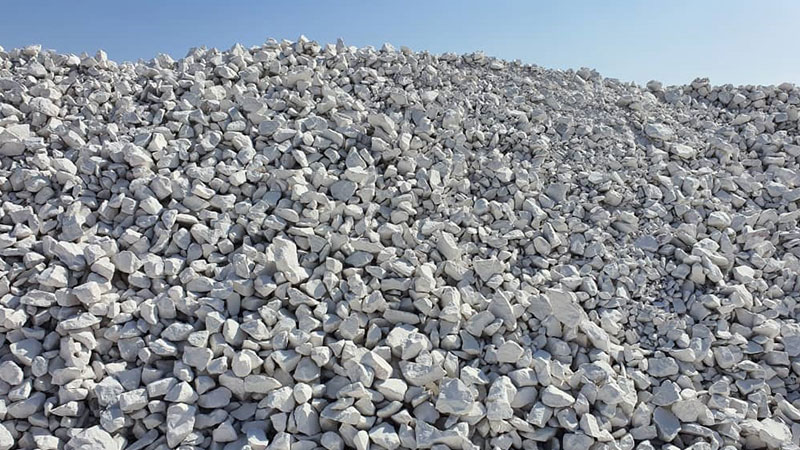
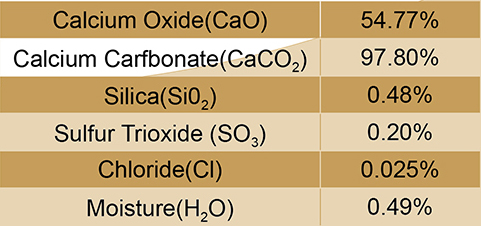

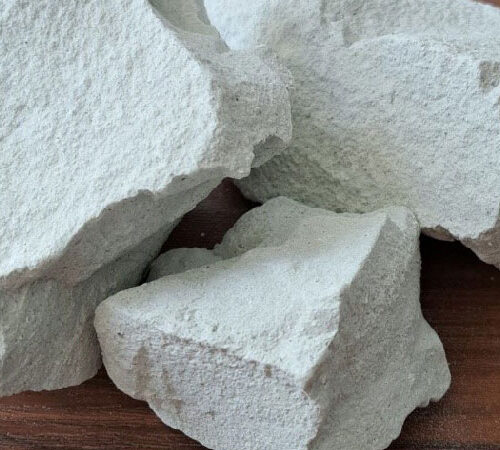
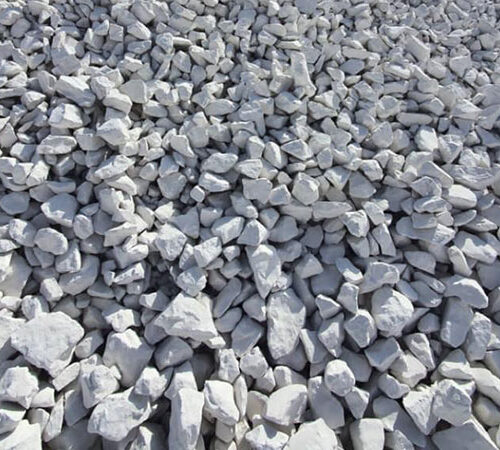
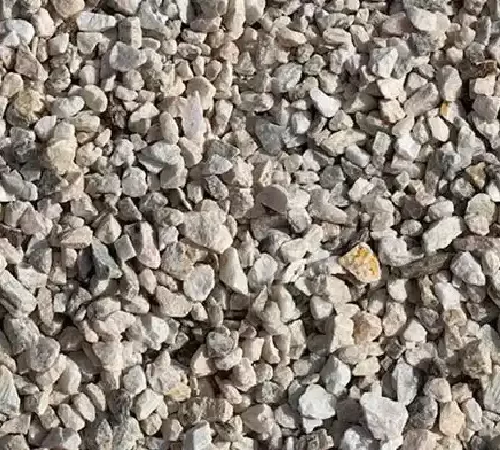
Reviews
There are no reviews yet.